Year 2
Meet the team


Miss Dale - Class Teacher (DHT)
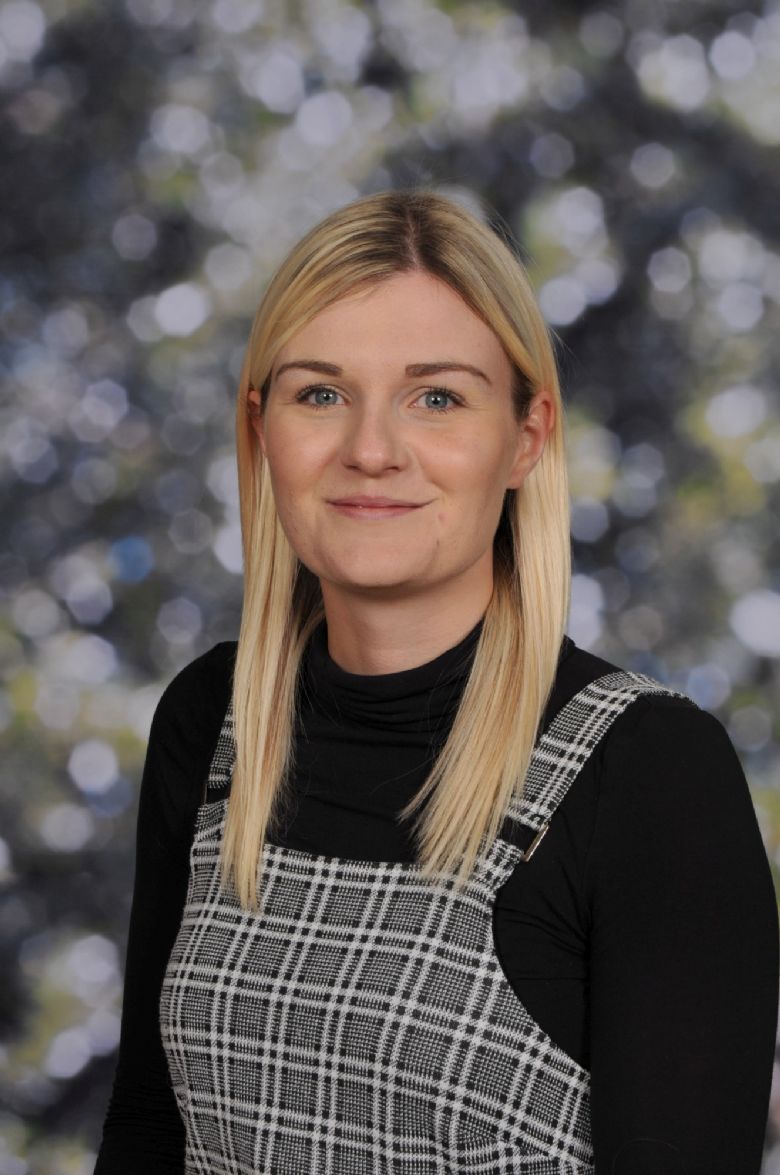
Mrs Colwell - Class Teacher
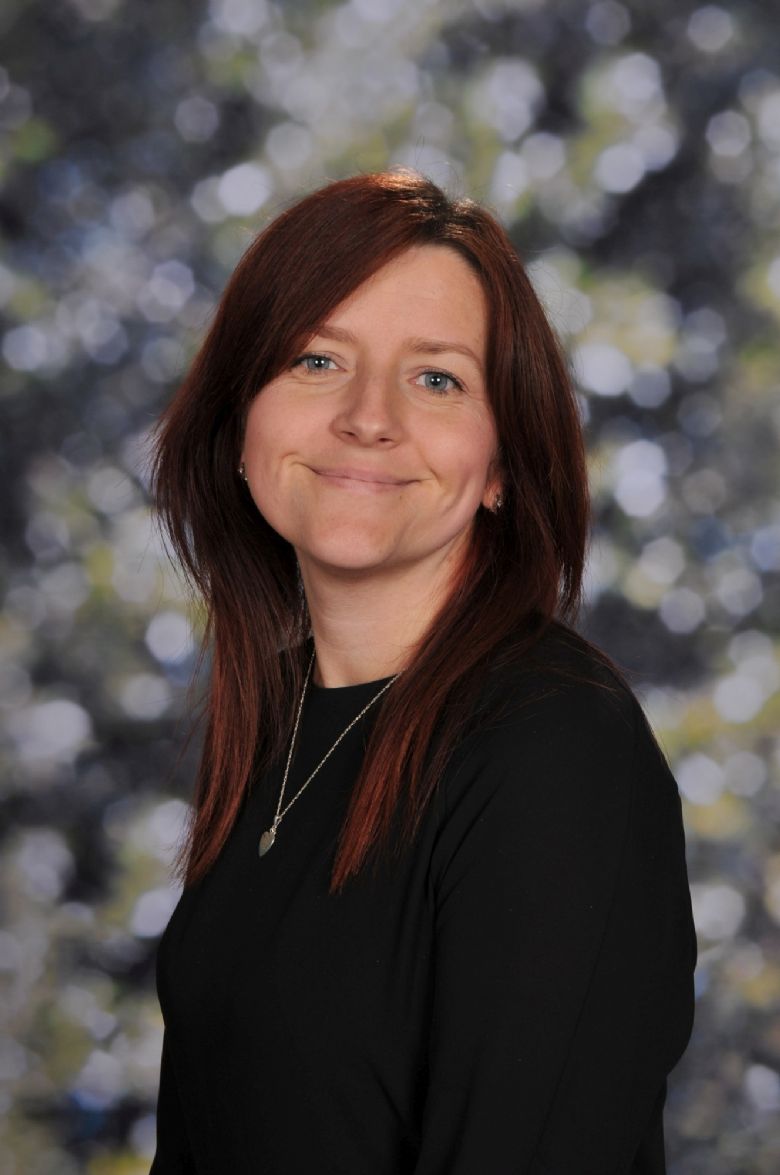
Mrs Adams - Learning Support
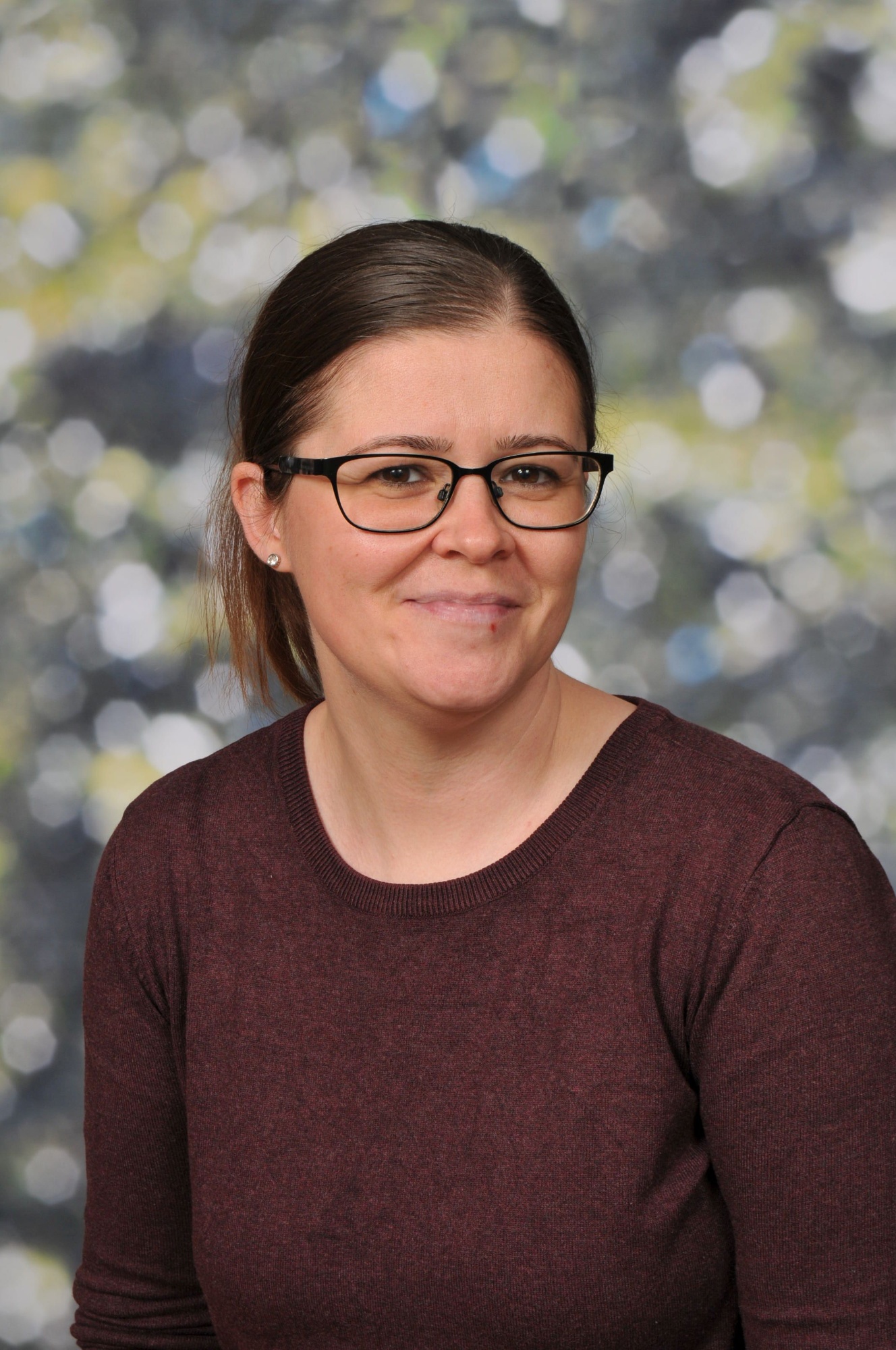
Mrs Massey - Learning Support
Year 2 class names and author link
Our classes are named after 2 popular authors.
2 Dahl
2 Geraghty
Below are some Roald Dahl titles you might like to read at home:
Fantastic Mr Fox, The BFG, Matilda, The Enormous Crocodile, Charlie and the Chocolate Factory, The Giraffe the Pelly and Me and James and the Giant Peach.
Below are some Paul Geraghty titles you might like to read at home:
Solo, Slobcat, Rotten and Rascal, The Wonderful Journey, Tortuga, The Hoppameleon and Monty's Journey.
Year 2 start and end of day handover information
Pupils are dropped and collected from the paddock outside of the Key Stage 1 building.
Handover at start of the school day
All children must be accompanied onto school site by an appropriate adult and observed entering the school site. This is a parental responsibility. NO children should walk to school unaccompanied.
Collection from school at the end of the school day
All children will be collected by an appropriate adult at the end of the school day.
Keeping Year 2 pupils safe
These are extracts from our Behaviour Policy.
Protective behaviours
We have a Protective Behaviours culture and children regularly identify and update their Network Hand. This ensures that children know which adults they can approach if they are worried, however ‘awful or small’.
Proactive social media reminders
We send regular and proactive reminders to parents regarding social media and always request you check pupil devices regularly and have full access to all their devices and accounts. By working together in this way we work towards keeping pupils safe.
Learning 4 Life
Our Learning for Life lessons allow us to be proactive with teaching children how to keep themselves safe, learn about relationships education, relationships and sex education and health education.
Year 2 curriculum overview
English Curriculum and key texts
We use key texts to motivate and engage learners. In Autumn term we focus on traditional tales. In Spring term we focus on fantasy stories. In the Summer term our focus is on stories from other cultures.
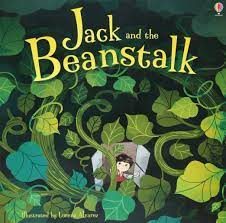
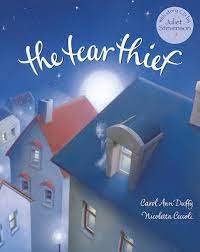
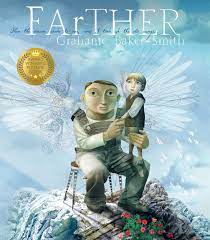
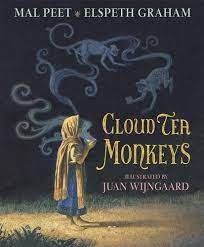
Mathematics Curriculum
We have made a conscious decision to use White Rose as a product; however, we have created our own curriculum overview for Maths. Teachers will use this curriculum overview to deliver the majority of the units outlined within each strand, using White Rose as a supporting resource (example of the curriculum overview is below). As teachers follow the learning journey, pupils will experience mathematics through the CPA and Singapore Maths approach. This ensures that mathematics remains pictorial and enables pupils to use a variety of strategies to solve problems – thus removing barriers and ensuring mathematics is accessible to all. The curriculum has been specifically designed to give pupils the time to master each skill. Early mastery of skills is also encouraged, as skills from the following year group have been naturally linked to, which removes the ceiling on learning outcomes.
There are mathematical units that will be taught using a cross-curricular approach. Pupils should expect to be taught statistics and time through other areas of the curriculum, such as Geography and Science. This enables children to see that mathematics is not a stand-alone subject and has an impact within other subject areas. This also allows for more time within mathematics lessons to teach other units in greater detail and address any misconceptions or gaps in knowledge.
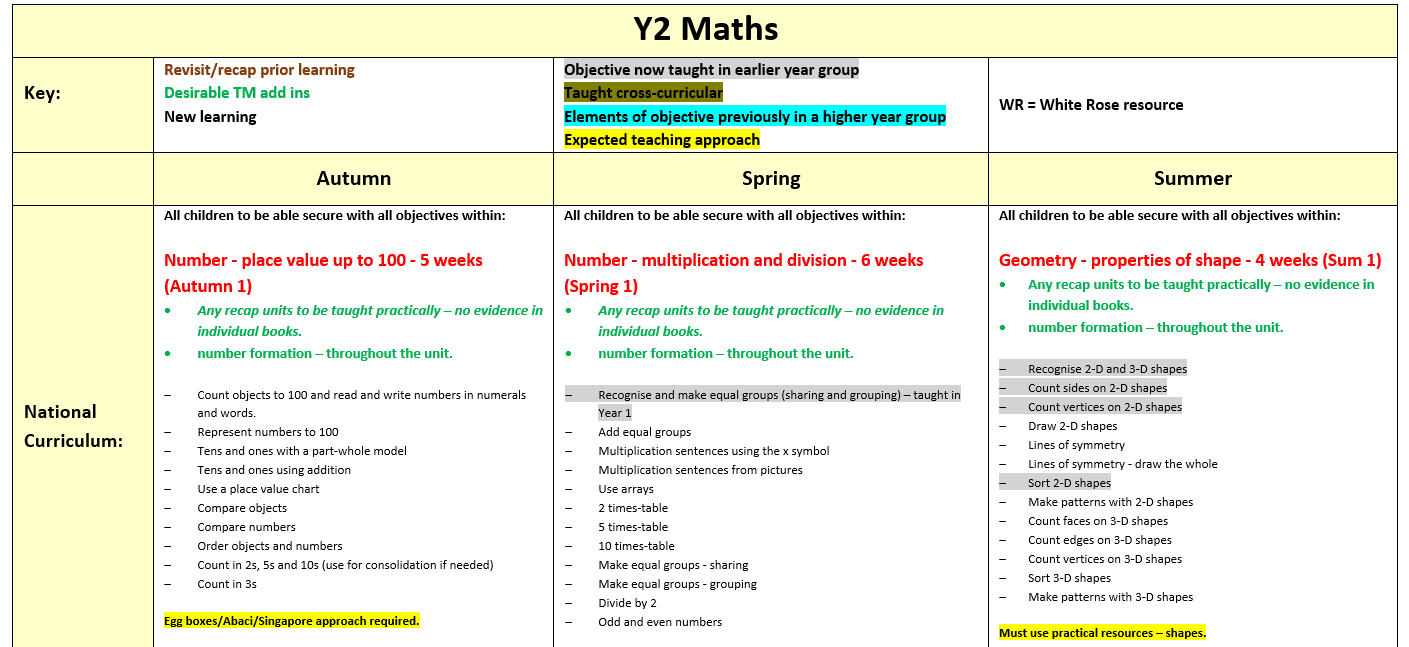
Curriculum subjects
| Autumn Term | Spring Term | Summer Term | |||
| Art |
Sketching Scultpure |
Sketching Collage |
Sketching Printing |
||
| Computing |
Online safety Effective Searching |
Coding Spreadsheets |
Creating pictures | ||
| Design Technology | Construction, including textiles | Cooking and nutrition | Mechanics | ||
| Geography | Local Geography |
The U.K. |
Planet Earth | ||
| History | The Titanic | Amy Johnson | Florence Nightingale and Mary Seacole | ||
| Learning 4 Life |
Proud to be me Protective behaviours Be Safe, Be Kind |
Aiming High Fit 4 Life |
Perfect Planet | ||
| Music | Rap music | Rock music | Disco | ||
| Physical Education |
Net and Wall games Gymnastics |
Dance Invasion games |
Striking and fielding games Athletics |
||
| Religious Education |
|
Beginning to learn Sikhi: The Gurdwara, a place to belong. Why does Easter matter to Christians? |
What is the ‘good news’ Christians believe Jesus brings? |
||
| Science |
Animals, inlcuding humans Materials |
Living things and their habitats |
Plants |
Preparing for KS1 SATs
During Year 2, pupils sit the statutory KS1 SATs tests in Reading, Writing and Mathematics. We support pupils in a holistic way by ensuring they are well-prepared, both in terms of learning but also in terms of mental health and well-being.
In Year 2, we adapt the timetable to meet pupil needs, and we build in booster groups to support learner needs. Throughout the year we expose pupils to mock SATs tests and SATs test conditions so that there are no undue worries or surprises.
In exercise books we suuplement our Learning Ladder assessment with TAFs (Teaching Assessment Frameworks) that are found in their English books.
Key stage 1 SATs will take place week commencing 16th May 2022.
There is not a formal timetable for the Key Stage 1 assessments, and therefore it is vital that pupils are at school every day, punctual and ready for learning.
In Year 2, we do not use the term SATs with pupils and do not put any pressure or stress on pupils linked to the assessments, as we prioritise their mental health and well-being. We refer to the assessments as special tests or work. In Year 2 they are marked internally by the teaching team and are used to support teacher assessments.
Transition into Year 3
We ensure very supportive and effective transition into Year 3 from Year 2.
In the final half of the summer term, when pupils are in Year 2, they will have the opportunity to meet their new teaching team for Year 3. They will spend time in their new classroom and building to help pupils become more familar and reduce any worries or anxieties they may have.
For some pupils, including those with additional needs, we create transition booklets with pupils, which are sent home to support their school readiness for their return in September.
Year 2 reading and home learning
As a school we follow the Little Wandle Letters and Sounds revised scheme. Your child will be heard read to once a week and a member of staff will stamp their reading record. Children's books will be changed weekly.
Your child will bring home a reading practice book that has been carefully matched to your child's current reading level. If your child is reading it with little help, please don't worry that it's too easy-your child needs to develop fluency and confidence in reading.
Listen to them read the book each night. Remember to give them lots of praise-celebrate their success. If they can't read a word, read it to them. After they have finished, talk about the book together.
Book bags and reading records need to be in school daily.
In order to encourage your child to become a lifelong reader, it's important that they learn to read for pleasure. The sharing book is a book they have chosen for you to enjoy together. Please remember that you shouldn't expect your child to read this alone. Read it to or with them. Discuss the pictures, enjoy the story, predict what might happen next, use different voices for the characters, explore the facts in a non-fiction book. The main thing is that you have fun.
Home learning is issued on a Friday and is due in the following Wednesday.
Home learning consists of 1 x English and 1 x Maths task each week, linked to the learning that has taken place in school.
At the start of the year, pupils are given home learning books to stick their sheets into each week.
Should any of the Year 2 pupils need support with their home learning, the Year 2 teaching team can provide this throughout the week.
Children can use Timestable Rockstars (an online web page) to practise their recall of multiplication skills.
Water bottles and snacks
Children should make sure they bring a reusable water bottle into school daily - this must only contain water. Children can make use of our water fountains to refill bottles.
We encourage healthy snacks for break time. Children in Year 2 have access to free fruit at break time.
Milk is available at a cost.
P.E. Days and Kit
P.E. kit reminder
- Black or navy shorts and a white t-shirt, or black or navy tracksuit bottoms and sweatshirts. Tracksuits must be plain and not have logos.
- Properly fitting black pumps or plimsolls.
- No jewellery to be worn.
- Everything should be labelled with child's name.
- P.E. kit should be in school every day.
P.E. takes place on a Tuesday.
Year 2 parental support and engagement
Throughout the year, the Year 2 teaching team will provide workshops to inform all Year 2 parents/carers of the expectations set of pupils thought their Year 2 journey.
Support at home is a vital part of pupils achieving success.
How to support your child:
- First and foremost, support and reassure your child that there is nothing to worry about, and they should always just try their best.
- Praise and encourage.
- Ensure your child has the best possible attendance at school.
- Support your child with the weekly completion of home learning.
- Listen to your child read regularly and ask questions about the text.
- Talk to your child about what they have learnt at school and what book(s) they are reading (the character, the plot, their opinion).
- Make sure your child has a good sleep and healthy breakfast every morning.
How to support your child with writing:
- Encourage opportunities for writing such as letters to family or friends, shopping lists, notes or reminders, stories or poems.
- Write together.
- Encourage the use of a dictionary to check spelling and a thesaurus to find synonyms and expand vocabulary.
- Allow your child to use a computer for word processing, which will allow for editing and correcting of errors without lots of crossing out.
- Remember that good readers become good writers. Identify good writing features when reading (e.g. vocabulary, sentence structure, punctuation).
- Show your appreciation: praise and encourage, even for small successes.
Year 2 Showcase